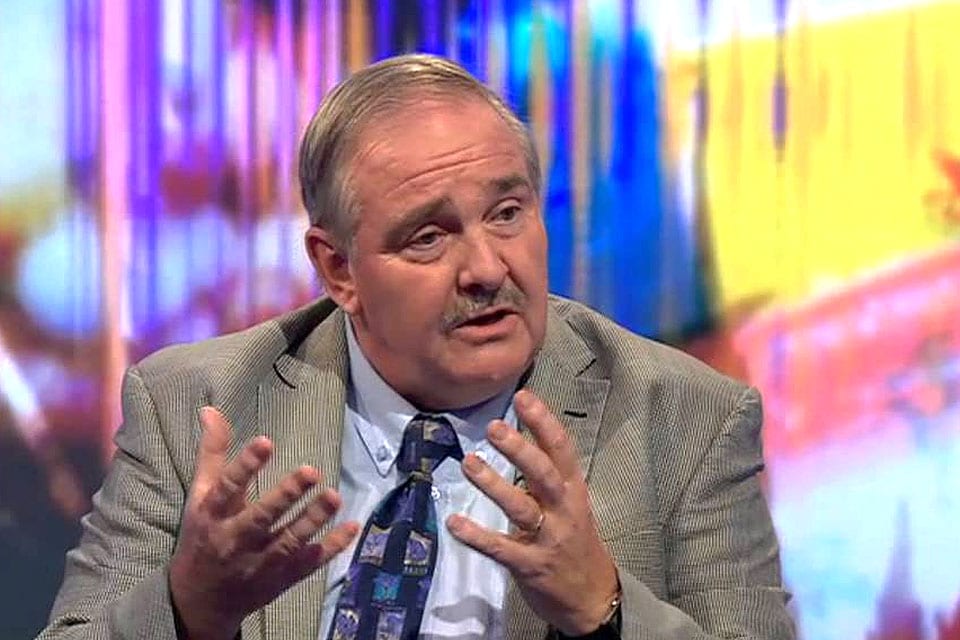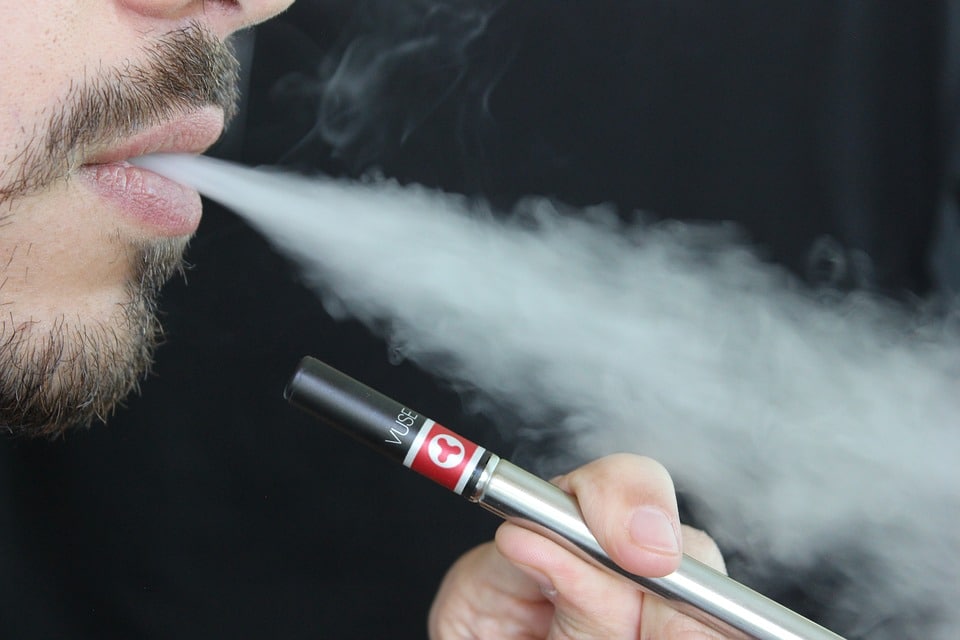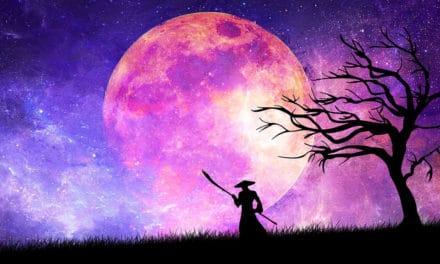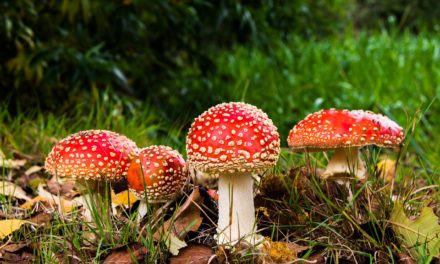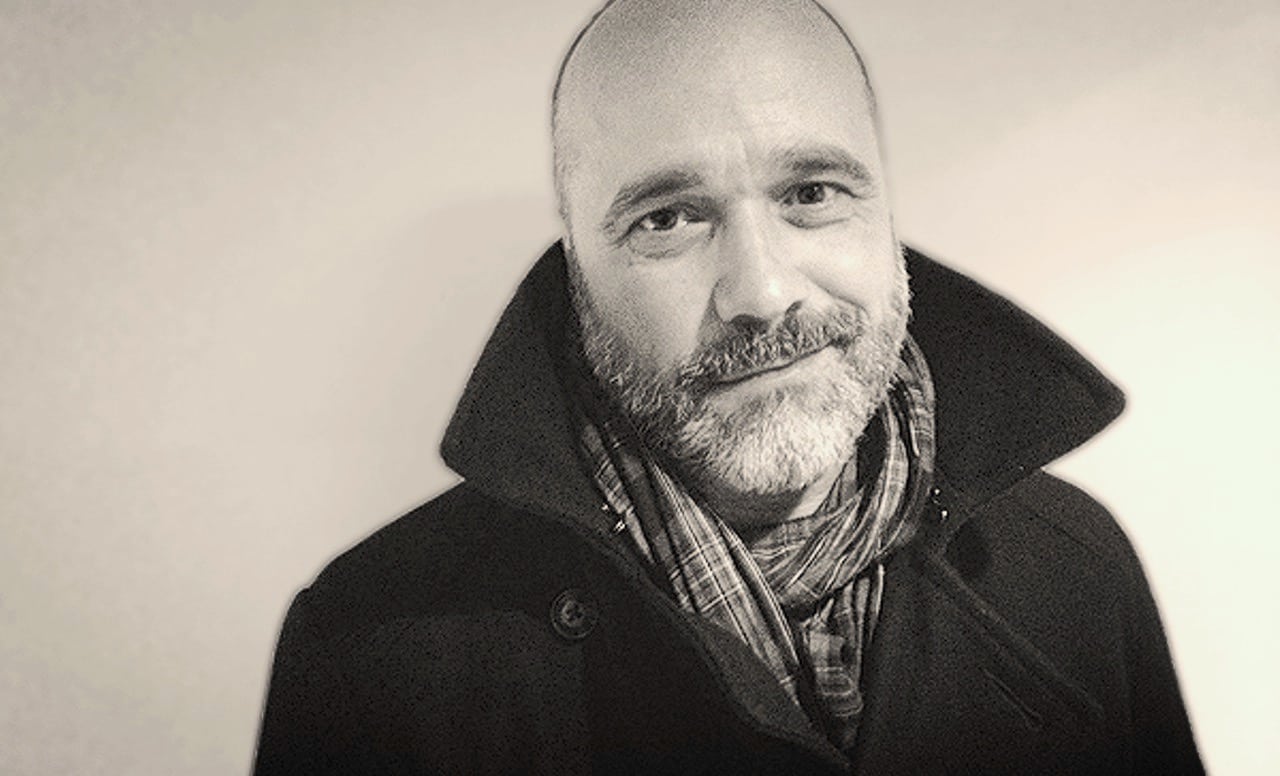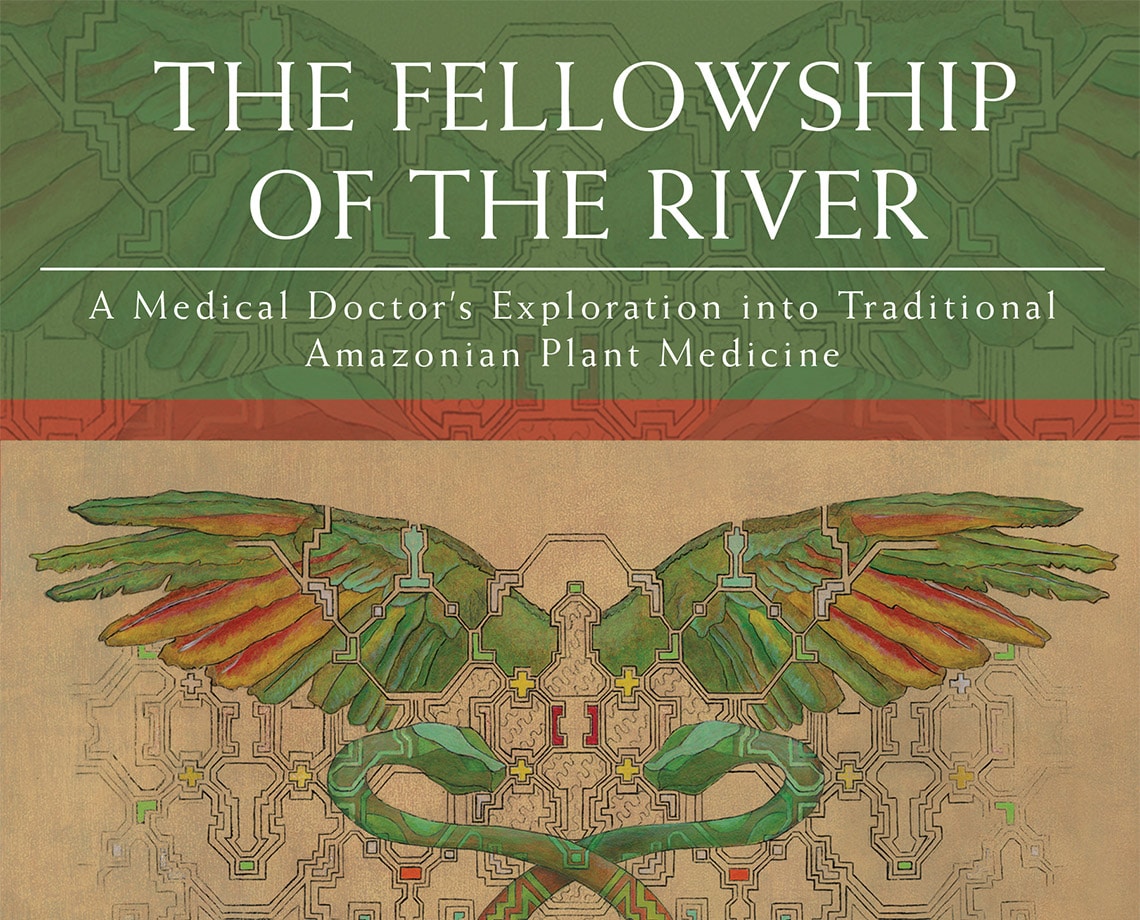Professor David Nutt is one of the world’s leading experts on drugs, and one of the most lauded and controversial voices in the UK on the comparative drug harms. Professor Nutt was brought to popular attention in the late 2000’s when he was sacked from his position on the UK government’s Advisory Council on the Misuse of Drugs for being an outspoken critic of politically motivated rather than fact-based drug policy decisions. Professor Nutt is best known for his articles showing that horseback riding is more dangerous than ecstasy, and that when comparing drug harms, alcohol is the most harm-causing drug on the planet, while psilocybin mushrooms are the least. We spoke with Professor Nutt to learn more about his important work bringing sanity and sense into a world where drug policy is decided by political motivations, misled stigmas, and corporate interests.
Thank you so much for speaking with us, Professor Nutt. Can you give us a little bit of your background and what led up to the controversy you faced in the UK?
I’m a psychopharmacologist and a psychiatrist that’s interested in drugs. I study drugs, I give drugs to human beings and study what happens to their brain, and became quite an expert over the years, particularly on drugs of so-called “abuse.” I used to run the alcohol research ward at NIH in Washington DC for a couple of years, and eventually I became Britain’s leading expert on drugs that were both abused and illegal.
About 1992 or 1993 we had some deaths from ecstasy, and I was asked to join the government working group to reduce those deaths. When I started working on that, I realized that the deaths were largely preventable—they weren’t to do with ecstasy, they were to do with the fact that people were getting too hot, not having cold drinks and chillout rooms, etc. I was part of a policy group that brought in health harm reduction policies such as encouraging venues to have chillout rooms and insisting, as we do today, that every single place that sells drinks has to have free water, because many of the clubs were not even giving people water—they were even turning the taps off in the bathrooms.
As I was getting into this kind of work, I was realizing that drug laws didn’t seem to bear a lot of relationship to the harms of drugs, and that the harms were often not to do with the drugs but to do with the laws. I was appointed to head up the government’s scientific panel on drug harms and did that for a few years, and during that time the British government did something really stupid against our recommendations and banned magic mushrooms. They actually broke the law doing that. They contravened the Misuse of Drugs Act, which says they should consult with the expert panels, and they didn’t do that. It became clear at that point that all that they wanted was for us to ratify the decisions they made—they didn’t really care if we agreed with their decision. Every time we brought the report in making recommendations, they would almost always ignore it, and it got to a point where I just got irritated by it all and started telling the truth and pointing out they were making political rather than science-based decisions.
When you spoke out it was such a powerful statement from someone in your position. There was, I daresay, even some cheekiness in how you pointed out that horseback riding was more dangerous than ecstasy.
They refused to let us review the harms of ecstasy; they actually refused. I’m a clinician, and I saw patients. While we were doing that review, I saw this woman, a patient of mine, who suffered frontal lobe damage from falling off her horse. I started getting interested in the harms of horse riding, not least because my two daughters ride horses. I discovered how harmful horse riding was, but I also discovered a number of people addicted to horse riding—they were riding even though they’d been damaged from it. So I wrote this thought piece called “Equasy” on equine addiction syndrome just to make people think about the comparative harms of other activities. Banning drugs because they are harmful is all very well, presuming there should be some threshold of harm. People found my article absolutely brilliant or were very, very angry about it. I got insulting letters from horse riders and such, and the government hated it because it confronted them with reality that they were making arbitrary laws.
And that was the beginning of my end—it was a direct challenge to their policy decisions. They set out to sack me, and it was eventually when I said that alcohol was more dangerous than LSD—and that was it, I had to go then.
And of course, alcohol clearly is more dangerous when looking at data, despite the fact that it isn’t stigmatised and LSD is.
Unquestionably! Yet in the States today, most scientists still won’t say that, because NIDA doesn’t like it. If you stand up to the big funding bodies in America you won’t get funding. Luckily, our funding bodies up till now (it might change after Brexit) are independent of the government; they have their autonomy. But I think we’re going to go down the American route at some point.
But anyway—I said it, I got sacked, and that was a big mistake on their part because the sacking created enormous interest. Up to that point, there was little interest in comparative drug harms, and nobody had ever heard of me. But when they read what I was sacked for, they said “Hang on a sec, what he says makes sense. Why are you sacking someone for telling the truth?”
Absolutely, it’s brought so much awareness to this. Would you say politicians in general are too cowardly to speak the truth, and they’re making politically motivated decisions rather than health or evidence-based ones?
Oh, almost every single one of the drug laws has been brought in for political gain. I mean truly, the drug laws are 95% politics and 5% health.
And the real losers are the people who are getting hurt or incarcerated as a result of these laws.
Yes, and it’s not just the people who’ve been locked up or whose lives are ruined with criminal records for using drugs, it’s also everyone who has been denied access to medicines such as psilocybin or LSD or cannabis or ecstasy.
Thankfully the tide seems to be turning, at least here in the States. What’s your take on the more recent developments—ketamine and cannabis being more legalized, psilocybin being decriminalized in certain areas, MDMA being declared a breakthrough medication, and so on? Hopefully in the way that the US set the archaic global drug laws, it can help to reverse that same tide by adopting new and better drug laws, setting an example for others to follow.
I do hope so, and of course it does: Colorado, Washington State, California—they’ve not collapsed into anarchy because cannabis is legalized [laughs]. The opening up of the medical cannabis market could have been so much better if federal funds were allowed to researchers, but there’s still this barrier against using federal funds because it’s illegal federally. There’s this unwritten rule that you can’t find anything good with these drugs that we’ve stigmatized so much in the past.
What’s your opinion on the decriminalization vs. legalization and regulation routes?
I’m very much in favor of something between the two. Decriminalization is definitely a useful step on the way. I like a regulated market, like the Uruguay approach rather than the Colorado approach. I think actively commercializing drugs is going to tend to increase the risks of people overusing, or people who shouldn’t be using. My charity Drug Science has done a little bit of research on this, looking at the benefits of different policy options. Certainly for alcohol and cannabis we’ve come to the conclusion that a state-regulated market, selling through licensed premises like pharmacies, would be the best way forward.
That sounds like a very solid approach. I was reading about your work with Alcarelle, a less harmful version of alcohol. Any updates on that?
It’s been frustrating. I identify compounds which we know for various reasons would do the business of being an alternative to alcohol, and almost certainly being a lot less harmful. It’s proved impossible to purchase them or access them, I think because the companies that have them think it is just too radical—they don’t want to be associated with something seen as so left field, and maybe they don’t want to get into battle with the drinks industry.
Now we’re making and manufacturing our own compounds. We’ve got our own chemists, we’ve nailed the pharmacology and are making new compounds that we can patent. So I’m hoping to have some patents finalized in 6-8 weeks and then hopefully get actual investors. Then we get to the stage of ramping up the production and doing all the safety testing, and hopefully in a few years having something on the market.
It strikes me as so insane that it’s considered radical to offer a less harmful version of the most harmful, widely abused substance on the planet.
Obviously I couldn’t disagree with you [laughs]! What’s fascinating is how. Let me share some of my observations with you. Have you followed the vaping story?
Yes, actually I have.
Maybe it’ll go the same route as the vaping story. Maybe we’ll start finding people in America who start saying “We don’t know what it does, it hasn’t been around for 100 years, it could be toxic…” and start lying about it, the same way they lied about vaping in order to destroy it. The irrationality of decision making about drugs is so perverse and so prevalent and it’s been around for so long, that you can see that investors might think, “Can we be sure the US government won’t ban it?” I can’t be sure. It would be a stupid thing to do, but you’ve seen Massachusetts ban vaping with flavors but not ban vaping with nicotene, so there is an absurdity to the decision making about drugs.
Indeed. As someone who personally quit smoking with vaping, I was really concerned with the stories of people getting sick and dying from vaping. When I started doing research, 9 out of 10 news sources referred to “vaping” in general as the cause, rather than referring to the true culprit, a very specific unregulated bad batch of underground THC cartridges. It was so disingenuous.
It was deliberate. It was a deliberate ploy, and I think the CDC was behind it. There is this paranoid belief that vaping is a gateway to cigarette smoking, which actually the evidence suggests it isn’t. Because once you vape, why would you want to smoke cigarettes, they’re so horrible in comparison. This is alcohol prohibition rising again 100 years later: let’s ban anything that people might enjoy! You can’t ban cigarettes, but let’s ban vaping because it’s still little companies.
You’ve got to remember that in America, the anti-smoking brigade is an army of scientists who make a living being anti-tobacco. Their whole philosophy is “anti.” So when vaping comes along, they are anti. If you’re a hammer, everything looks like a nail. If you’re anti-tobacco, then anything you breathe in with nicotine gets the same treatment regardless of comparative risks.
So who knows what’s going to happen? Maybe the anti-alcohol people will take against me. I can tell you, I had a very, very interesting debate last year with a friend of mine who runs the Scottish Health on Alcohol Initiative. He is against Alcarelle. He says he doesn’t believe in harm reduction for alcohol; he believes in people stopping drinking. He believes in harm reduction for heroin [laughs] and even harm reduction for cocaine, but not alcohol, so why not? He says what we’re doing is just giving people a recreational drug, not a safer alternative to alcohol. Even intelligent, articulate people just can’t get their head around this concept, because they haven’t really thought about it before.
We are very grateful to Professor Nutt for speaking with us, and stay tuned for follow up conversations on other fascinating topics in the coming weeks. Professor Nutt will be a keynote speaker at the upcoming International Summit on Psychedelic Therapies for Mental Illness this coming November in Melbourne.

